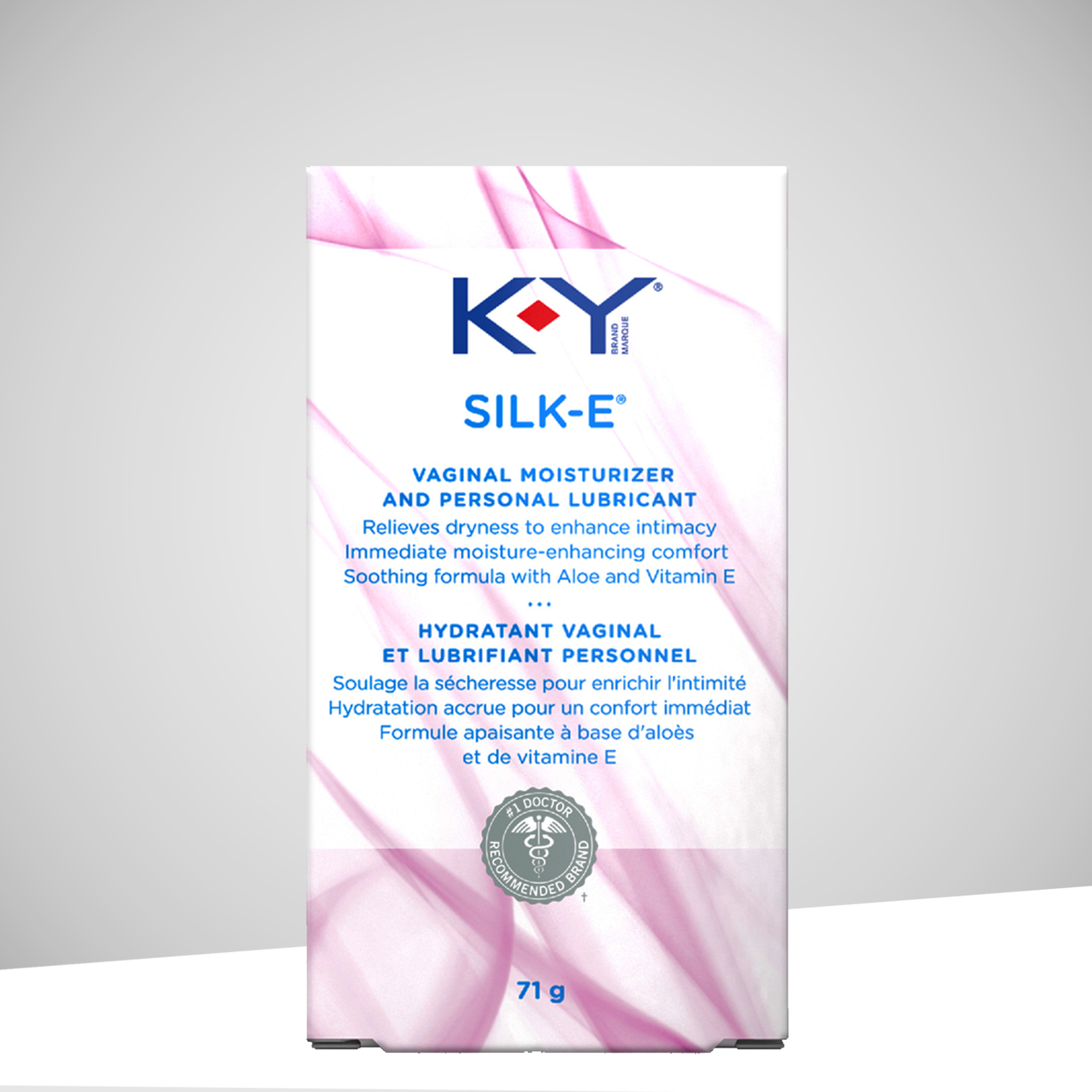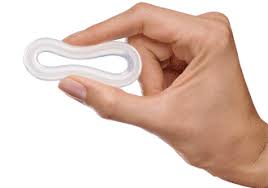The average age of menopause in the U.S. and the defined age of premature menopause
What is 51 and younger than 40?
True or False: patients with vaginal dryness symptoms do not need a pelvic exam
What is False. Sorry guys.
Pelvic exam is needed to confirm the diagnosis. The differential includes:
●Vaginal infections (eg, candidiasis, bacterial vaginosis, trichomoniasis)
●Vulvar dermatitis (reaction to deodorants, soaps, panty liners, spermicides, lubricants, or tight fitting/synthetic clothing)
●Lichen planus.

●Lichen sclerosus.

●Genital tract ulcers or fissures
This is a contraindication to oral estrogen therapy
What is history of breast/uterine cancer or thromboembolic disease?
Behavioral change taken to help with vasomotor symptoms
What is avoiding hot flash triggers (eg, caffeine, alcohol, spicy food) or dressing in layers?
This is the most common cause of PMB
What is atrophy of the vaginal mucosa or endometrium?
In the early postmenopausal years, also consider endometrial hyperplasia, polyps, and submucosal fibroids.
While endometrial cancer only occurs in 10% of PMB cases, it is the only lethal cause, and the prevalence is higher in those with RFs.
Definition of menopause and the role of FSH
What is determined retrospectively after a woman has experienced 12 months of amenorrhea?
FSH is not necessary to make the diagnosis of menopause.
Serum FSH concentrations vary widely during the transition.
For women over age 45 yrs who present with irregular menses with menopausal symptoms such as hot flashes, mood changes, or sleep disturbance, NO further diagnostic evaluation is needed.
Do not use vaginal estrogen therapy in women with this type of cancer
What is breast cancer? (active or history)
Try non-hormonal methods first.
It is reasonable to use vaginal estrogen therapy in women who have completed treatment for endometrial or ovarian cancers.
This is why uterine status matters in selection of HRT agent.
What is unopposed estrogen therapy?
Unopposed estrogen therapy can cause endometrial hyperplasia.
Women with a uterus should get combined estrogen-progesterone therapy
Efficacy of herbal remedies for vasomotor symptoms
What is none?
There is inconsistent evidence on soy/phytoestrogens and black cohosh.
There is some supportive evidence for CBT and hypnosis.
Commonly seen in the U.S., this is the biggest modifiable risk factor for Endometrial Cancer
What is obesity?
OR 1.5 for overweight (BMI 25.0 to <30 kg/m2), 2.5 for class 1 obesity (30.0 to <35 kg/m2), 4.5 for class 2 obesity (35.0 to 39.9 kg/m2), and 7.1 for class 3 obesity (≥40.0 kg/m2).
Average duration of menopausal symptoms
What is 4-5 years?
Note: 10-15% of patients will exceed this
Note: Perimenopausal symptoms occur for an average of 4 years before the final menstrual period.
These are Non-hormonal methods of treating vaginal dryness and itching
What are moisturizers and lubricants?
- moisturizers are different from lubricants, and should not be used for intercourse

- good patient hand-out on uptodate
Available through the Grady pharmacy
True or False: HRT may prevent dementia in post-menopausal women
What is False
The Women's Health Initiative study showed that both unopposed estrogen and combined estrogen-progestin therapy had no global cognitive benefits in older, non-demented postmenopausal women
Advantages of bioidentical hormone therapy over FDA approved methods
What is none?
Steps for evaluation of post-menopausal bleeding after taking a history (name 3 out of 4)
What is pelvic exam, cervical cytology, pelvic ultrasound, and endometrial biopsy?
Percentage of women experiencing vasomotor symptoms
What is 80%?

True or False: Vaginal atrophy increases the risk for contracting an STI
What is True?
- remember to screen post-menopausal women for STIs
- post-menopausal women may not be as knowledgable about prevention
This is a current indication for hormone replacement therapy (Name 2 of 3)
What is
• treatment of moderate-severe vasomotor symptoms?
• treatment of moderate-severe vaginal atrophy (but consider topical instead)?
• prevention of osteoporosis (not treatment) in women at significant risk, ex. premature ovarian failure?
True or False: Weight loss and exercise help reduce hot flash symptoms.
What is False?
While obesity is a risk factor for hot flashes, the evidence is inconclusive for losing weight to reduce hot flash symptoms.
We have lots of data that shows that exercise does not help hot flashes. Given the raise in core body temperature while exercising, this is sadly not really surprising.
4 of the 8 risk factors in the development of endometrial cancer (RR)
Increasing Age (1.4%) 50-70
Unopposed estrogen therapy (2-10)
Late Menopause (>55), Tamoxifen, Nulliparity, Diabetes (2)
PCOS (3)
Lynch Syndrome (hereditary nonpolyposis CRC) 22-50% lifetime risk
FSH measurement is helpful is diagnosing the menopausal transition in these 3 subgroups of women. (Name 2 of 3)
What is PCOS patients, hysterectomy patients, women with LNG-IUS or progesterone implants, and women on OCPs?
If on the pill, stop OCP at age 51 and measure FSH 2-4 weeks later. A level ≥25 IU/L indicates that the patient has likely entered menopause.
These are 3 of the 4 brand-name preparations of topical estrogen therapy
What is Estring (vaginal ring) - leave in for 3 months

Vagifem (tablet) - use daily for 2 weeks then twice a week

Premarin/Estrace (cream) - use like the tablet, harder for patients to dose, should combine with progesterone oral tablets for 10 days per month in a patient with an intact uterus.

This question seems nit-picky, but it is difficult to order topical estrogen therapy unless you know the brand name.
These are two risks of hormone replacement therapy
What is thrombosis and stroke/cardiovascular events?
Based on data from 2002 Women's Health Initiative
Absolute risks for HT use in healthy women ages 50-59 are low
HT initiation in older women carries higher risks
Many studies suggest an increased risk of breast cancer with HRT with the important exception of the Women's Health Initiative (WHI) trial of unopposed estrogen.
These are non-hormonal prescription therapies for vasomotor symptoms (name 3 of 4 classes)
What are
SSRIs: paroxetine (10 and 20mg/d), citalopram (20mg/d), escitalopram (10-20mg/d)
SNRIs: venlafaxine (37.5-75mg/d) and desvenlafaxine (50-100mg/d)
anticonvulsants: gabapentin (300mg/d-2.4g/d in divided doses), pregabalin (50mg/d-150mg BID)
antihypertensive: clonidine (weekly TTS 0.1-0.3mg/d or 0.1-3mg/d PO in divided doses)
All of the above are off-label uses except for paroxetine which is FDA approved for vasomotor symptoms.
New drugs are being studied: Neurokinin 3 receptor antagonist. Estrogen inhibits the NKB thermoregulatory system in the hypothalamus. As it declines in menopause, get dysregulation of the receptor leading to vasomotor symptoms.
In remembering important etiologies of PMB, don't forget to ask about these things in your history! (how many of the 7 things can you name?)
When did the bleeding start?
What is the nature of the bleeding (temporal pattern, duration, postcoital, quantity)?
Was there precipitating trauma?
Are there any associated symptoms such as pain, fever, or changes in bladder or bowel function?
Are you on anticoagulants or taking any soy containing supplements?
Is there a family history of breast, ovarian or endometrial cancer?